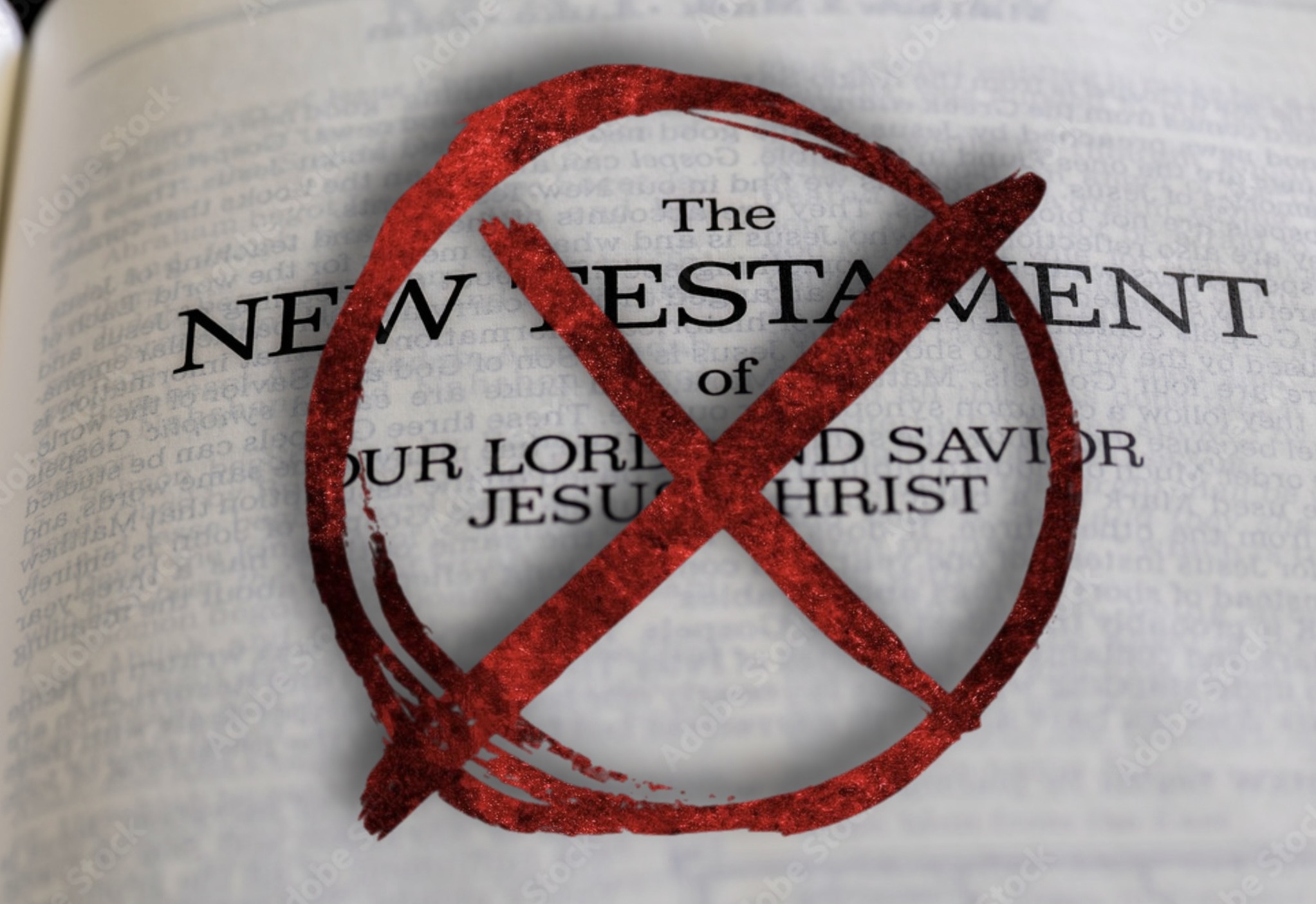Watch
Events
Articles
Market
More
Only one page of your Bible version does not belong. (And you’d do well to rip it out!) That is the page added in by church tradition which places an artificial division. This is the page that says “New Testament”.
Those who named the Writings of the Disciples “New Testament” and all the Writings which came before “Old Testement”, did not do so viewing these as one series of books and their sequel. They could not perceive the Pages of Holy Writ as one continuous story unfolding and developing until its fantastic finale. They could not see it because they could not understand all that came before. And not understanding what preceded, they simply branded it “old”, not in the sense of being well cared-for and classic, not regarding it as a priceless antique, but instead treating it as the worn out rubbish of by-gone ages and of little more value than to learn how things used to be and be grateful we got to get rid of it.
These people saw “New Testament” not as the newest in a long line of expository instructions revealing everything established long ago on the Mountain and eternally changeless, but new in the notion of rendering the “Old” null and void and needed no more.
The random page between Malachi and Matthew makes us feel like what we are about to read is a “new” thing out of nowhere. A thing unheard of, unseen, unknown from the foundation of the world. That fake designation gives the false impression everything right of Malachi is the Master Text and everything left of Matthew is replaced by what came next, as if it is now lesser and should be left behind.
And if we treat the “New Testament” in this manner we will find just that in our faith. We will set the last part against the first and find all those instructions that came before to be insignificant now. We will find that all The Way of Life smells like death to us. We will find that what the Most High promised will be a blessing for everyone if we obey, we perceive rather as the curse of “the old law of the Jews.”
Yet if we set all the Text in order and allow it to speak without the church-fathers’ interpretations whispered in our ears in every era, we might just be surprised to find one coherent tale being told from age to age and in every generation, becoming more elaborate and more understandable rather than fully explained for 2000 years and then tossed out for something completely different.
Do yourself a favor: tear out that dividing paper.
And let the story speak for itself.
Question Everything
templecrier.com




Hein Zentgraf
Delete Comment
Are you sure that you want to delete this comment ?